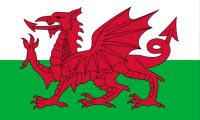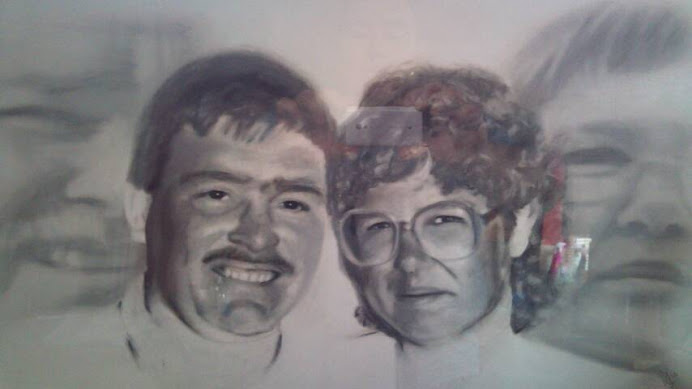Ian Knight is a superb author and I urge you to pick up one or more of his books. With this particular read, I’m at that stage of the story where the British have invaded Zululand for no good reason other than their desire for expanded colonialism and the theft of land and resources in Africa. Picking a fight with the innocent is one thing, but the British invasion has already resulted in the murder of many Zulu’s while part of Chelmsford’s army is still camped under the shadow of Isandlwana. Lord Chelmsford has split his force and has gone on what appears to be his usual forage into the African wilderness. On this occasion he dines for breakfast while his soldiers are busy killing Africans. The reader is informed that the General’s French Cook is back at Isandlwana, and that the General and his staff were reduced to eating what they carried, and dining with the utensils and facilities that could be placed inside their sacks.
This all in all is not too bad a thing, as some of his soldiers did not have breakfast that day, and had not had supper or dinner the previous day. Indeed, those who were fortunate to have left Isandlwana on this particular foray into the wilderness had been reduced to biscuits and the sharing of a 1lb tin of salmon the previous day. Nevertheless, although hungry they would escape the butchery that occurred back at the camp. In contrast to the tea, biscuits and tinned salmon carried by the British, the Zulu army had marched on a few head of beef and a few slaughtered goats. We are told that this was not sufficient to feed the African Zulu army, and the cattle supplied by the Zulu King was supplemented with “raw meat, pumpkins, roasted mealies gourds full of curdled milk” carried by younger members of the family, (Ian Knight, 2010 p.266) and the livestock and the grain pits that the Zulu army was able to raid along the way. The modern reader can well imagine the logistical difficulties facing the Zulu nation in defending their land, culture, and well being against the British aggression. The English held the upper hand in logistical preparation, modern armaments, the creation of a monetary economy in which to buy wagons and to hire skilled drivers, money to lease solid structures in which to house soldiers, ammunition, and provisions. The British did not have crops to worry about or cattle to tend. Plus of course, the unnecessary and brutal invasion was on a date and time of their choosing. The invasion was deliberately timed to coincide with crop difficulties facing the Zulu nation. The existence of a Violence Monopoly fuelled Colonialism, which was a terrible thing, and I am certainly glad that it was not executed in my name.
I suspect that Lord Chelmsford was not dining on pumpkin, roasted mealies, or tinned salmon when he settled down on that grassy knoll to indulge in a spot of breakfast while the murderous affair continued to the fore. Indeed, although Chelmsford was focused to events to the front, he was not the only person now engaged in brutal activity, and although he did not fully comprehend the situation at that time, the butchery was actually going on all around him. Nevertheless, he saw no sound reason to break from his breakfast, and we can only speculate as to what delights he enjoyed on that particular African morning.
13 April 2011
Subscribe to:
Comments (Atom)

Custom Search




